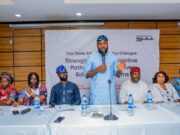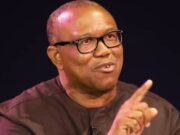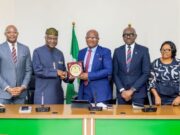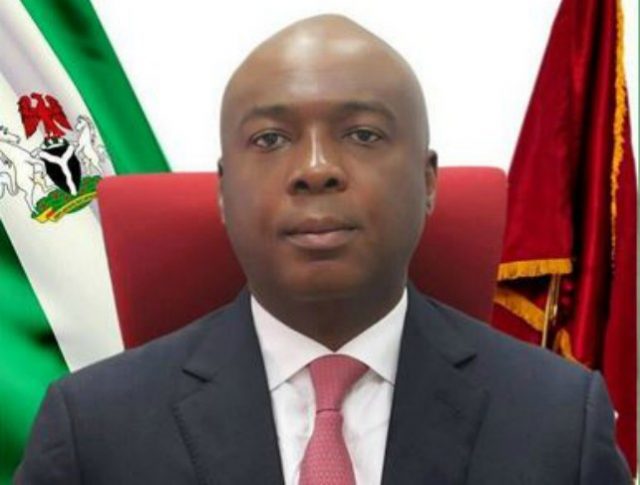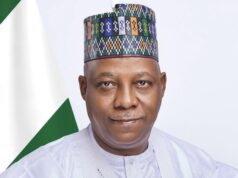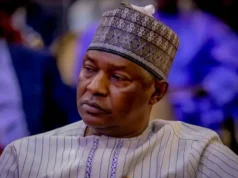Dr Bukola Saraki, the Senate President on Tuesday saluted Nigerians workers for their tireless contribution to the socio-economic development of the country, in spite of fluctuating economic realities.
Saraki, in a message of goodwill to mark the 2019 Workers’ Day celebration, signed by his Special Adviser (Media and Publicity), Yusuph Olaniyonu, in Abuja, also commended the leadership and members of the organized labour for their patriotism in often choosing dialogue rather than industrial action in resolving trade disputes.
He expressed hope that workers would be encouraged to always put in their best in working to uplift and sustain the nation’s economy, in view of the recent signing into law of a new minimum wage of N30,000.00.
“No nation can develop without a virile and agile workforce,” Saraki said. “It is trite to say that workers are the mainstay of our nation’s economy, since no policy of government, no matter how remote, will succeed without the commitment and collaboration of workers saddled with implementation.
“However, having interacted with Nigerian workers and their leadership times without number, I can say without fear of contradiction that the nation’s workforce is among the best in the continent,” he stated.
“All that is left is to adequately harness their abundant talents and spirit of patriotism to further improve on the nation’s economic and political development through timely and adequate motivation, training and retraining. The public sector should work to ensure that the country realizes her potentials. It should eliminate tardiness, increase the level of discipline and strive to provide enabling environment for the private sector to thrive with the resultant broadening of the scope of national prosperity”, Saraki stated.
He called on the leadership of organized labour to continue to discharge their responsibilities in the overall interest of the country and her people while the government would continue to do its best to meet the yearnings and aspirations of workers and other Nigerians through sustainable welfare programmes.
Packaged by Alice Egbedele







